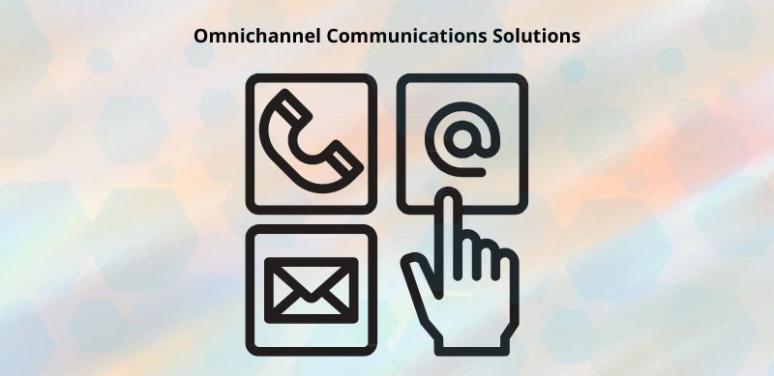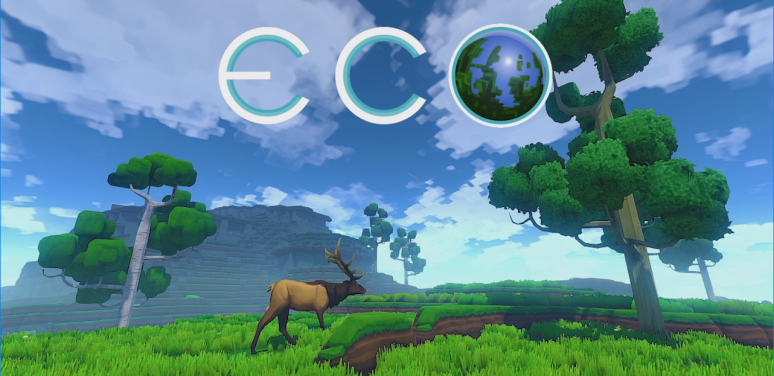
New Area of Interest: Omnichannel Communications Solutions
by David Bonebrake, Program Counsel for TIG & LSC
One of the 2023 areas of interest for LSC’s Technology Initiative Grant (TIG) program focuses on legal aid organizations adopting omnichannel communications solutions. Omnichannel communications systems allow legal aid organizations to use multiple integrated channels – including phone, email, text messaging, online chat, and in-person interactions -- to communicate with clients, applicants, and other stakeholders.
The area of interest was inspired by both broader trends in technology and communications and by recent TIG projects. The write-up below discusses how two of those projects – both funded in the 2021 TIG cycle – are bringing omnichannel communications concepts to the legal services field.
Montana Online Front Door TIG
The Montana Legal Services Association (MLSA) received TIG funding for the Online Front Door Project to consolidate all of its technology services, websites, and tools into a single, web-based platform. This project aims to provide clients with seamless, efficient, and mobile access to all MLSA services, including pro bono coordination, online tools, self-help resources, forms, calculators, applications, and referrals. The MLSA Front Door will enhance the organization's services by making it easier for visitors to access online services and information, as well as bricks and mortar civil legal aid, and by efficiently directing clients, community partners, volunteers, journalists, and pro se users to the appropriate resources. In a state as large and remote as Montana, the online presence of MLSA is critical for accessing all services, as many clients may never visit a physical location.
As part of the Front Door Project, MLSA will review its existing technology services, including MontanaLawHelp.org, and determine how best to integrate them to improve the user experience. The organization will also install and configure a new content management system (CMS) that allows self-help users to either use a legal triage app to find relevant resources or search for information using natural language and keywords. MLSA plans to use a commercial off-the-shelf CMS solution that has been customized to meet its specific technology needs, and will incorporate appropriate technology and lessons learned from the recent AI AskKarla TIG project. With the National Center for State Courts forecasting a surge in civil case filings post-pandemic, the improved self-help infrastructure and online front door provided by MLSA will be particularly beneficial for low-income residents of Montana, especially those living in rural and remote areas where the online front door may be the only option for accessing legal resources.
In 2020, MLSA hired RPM Consulting, a communications firm with experience in the civil legal aid sector, to assess its communications strategy and create an action plan. The consultants recommended that MLSA create a single, streamlined access point, or front door, to replace the current scattering of websites, tools, and online services and information. This aligns with MLSA's strategic priorities to increase connections to low-income Montanans, particularly in rural areas, and to improve communications and interactions with stakeholders and policymakers in the state. It will also help the organization to engage a greater number of attorney volunteers, supporters, and referral agency partnerships.
DC’s Coordinated Intake and Referral (CIR) System TIG
The Neighborhood Legal Services Program (DC) received TIG funding to implement a unique and innovative model for providing access to justice in the District of Columbia. This project is distinguished by its simplicity, omnichannel access, and hybrid use of navigators and technology in coordinated intake.
One of the key features of this system is its simplicity for both litigants and legal service providers. Litigants will be able to contact the Coordinated Intake and Referral (CIR) system and have a professional navigator coordinate the placement of their case with a legal service provider. The CIR system will identify the most appropriate legal service providers to assist the individual with their case. Legal service intake staff will be able to receive cases through the CIR, perform a conflict check in their case management system, and choose to accept or reject the case within the CIR.
This project is omnichannel, meaning that individuals can access the CIR through various mediums – e.g., phone, in-person interactions, a web-based application, and online chat. In researching other coordinated intake projects, the team found that there was not a consistent approach to assisting people across different mediums. This project aims to develop processes and technologies to handle intake consistently across all mediums, so that anyone in need of legal help can benefit from this project regardless of the communications channel they use.
The project also incorporates the use of legal navigators, who will coordinate case placements between those seeking legal help and legal service providers. This is the first coordinated intake project of which we are aware that plans to utilize the legal navigator role across all civil legal services. Our research has shown that a "technology only" approach is insufficient for connecting people with legal help, and that a coordinated intake and referral system must also include human involvement in the case placement process.




